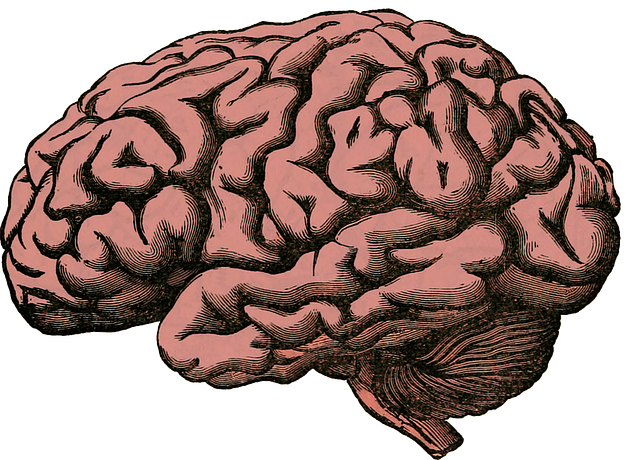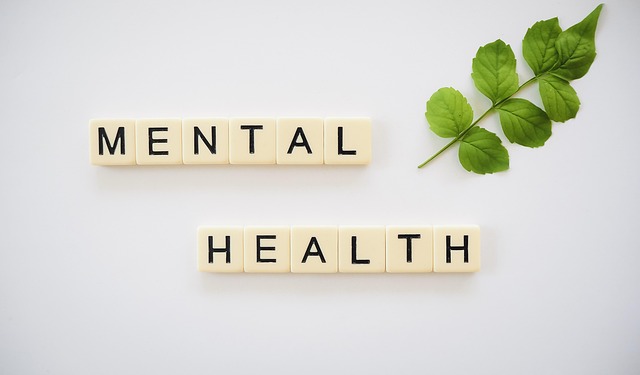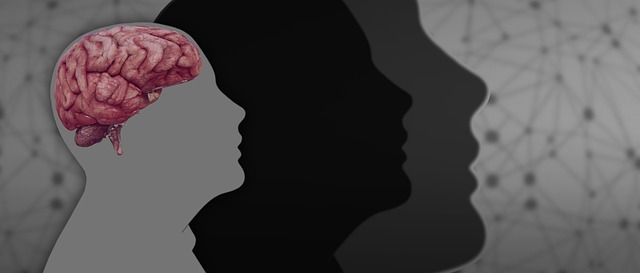The stigma around mental illness severely hinders young adults' access to essential support and therapy, especially for issues like anxiety, depression, or trauma from domestic violence. This internalized shame leads to social isolation, academic and career setbacks, and reduced quality of life. Breaking the cycle requires a multi-faceted approach: education campaigns fostering empathy, positive thinking, and open conversations about mental health; destigmatizing discussions through therapy tailored to individual needs, including CBT; addressing domestic violence in therapy to heal psychological trauma; integrating mental wellness coaching into schools and communities; and peer support groups for shared coping strategies and resilience building.
Mental illness stigma remains a significant barrier, especially for young adults navigating their mental health. This article delves into targeted efforts to reduce this harmful perception. We explore key factors contributing to stigma, focusing on the impact of domestic violence and its intersection with mental health challenges. Key strategies discussed include therapy tailored for young adults, educational initiatives, community engagement, support groups led by peers, and advocacy—all aimed at fostering understanding and acceptance. By addressing these aspects, we hope to empower young adults facing mental illness.
- Understanding Stigma and Its Impact on Young Adults
- The Role of Therapy in Combating Mental Illness Stigma
- Addressing Domestic Violence as a Factor in Mental Health Stigma
- Educational Initiatives for Reducing Stigma in Communities
- Support Groups and Peer Advocacy: Empowering Young Adults
Understanding Stigma and Its Impact on Young Adults

Stigma surrounding mental illness can have a profound impact on young adults, many of whom are navigating life’s challenges for the first time. This internalized shame and fear of judgment often prevents them from seeking much-needed support and therapy for issues like anxiety, depression, or even trauma stemming from domestic violence. The consequences can be severe, leading to social isolation, academic and career setbacks, and a diminished quality of life.
Reducing the stigma requires a multi-faceted approach, including education campaigns that foster empathy building strategies, promote positive thinking, and encourage open conversations about mental health. By destigmatizing these discussions, young adults can feel more comfortable acknowledging their struggles and actively seeking anxiety relief through therapy, whether it be cognitive behavioral therapy (CBT), group counseling, or other evidence-based practices tailored to their needs.
The Role of Therapy in Combating Mental Illness Stigma

Therapy plays a pivotal role in reducing stigma surrounding mental illness, especially for young adults facing challenges like domestic violence. Through structured sessions with trained professionals, individuals can explore and challenge societal perceptions while cultivating self-compassion and understanding. Therapy provides a safe space to discuss experiences, fostering empathy building strategies that dispel myths and promote acceptance.
For young adults who have endured domestic violence, therapy offers unique benefits. It equips them with confidence boosting coping mechanisms, helping to navigate stress management techniques tailored to their traumatic experiences. By addressing underlying issues and providing tools for emotional regulation, therapy empowers individuals to break free from the cycle of stigma and silence, encouraging open conversations about mental health in their communities.
Addressing Domestic Violence as a Factor in Mental Health Stigma

Addressing domestic violence is a critical aspect of mental illness stigma reduction efforts, especially when considering therapy for young adults. The interconnection between domestic violence and mental health issues cannot be overlooked, as experiences of abuse can lead to significant psychological trauma, resulting in conditions such as depression, anxiety, and post-traumatic stress disorder (PTSD). Young adults who have witnessed or experienced domestic violence may struggle with trust, intimacy, and emotional regulation, impacting their overall well-being.
Effective mental illness stigma reduction efforts should incorporate communication strategies that acknowledge this complex relationship. By normalizing conversations about domestic violence within therapeutic settings, professionals can create safe spaces for young adults to express their experiences and concerns. This approach not only facilitates healing but also promotes early intervention in depression prevention, as it addresses the underlying factors contributing to mental health disparities.
Educational Initiatives for Reducing Stigma in Communities

Educational initiatives play a pivotal role in mental illness stigma reduction efforts, especially within communities grappling with issues like domestic violence. By integrating mental wellness coaching programs into school curricula and community workshops, there’s an opportunity to foster early intervention and destigmatize mental health concerns among young adults. These initiatives equip individuals with communication strategies to recognize signs of distress and encourage seeking appropriate therapy.
Through interactive discussions and awareness campaigns, communities can dispel myths surrounding mental illness, promote empathy, and normalize conversations about mental wellness. This proactive approach not only benefits those directly affected but also cultivates a supportive environment where everyone feels comfortable accessing necessary mental health services, including therapy for young adults experiencing domestic violence.
Support Groups and Peer Advocacy: Empowering Young Adults

Support groups and peer advocacy play a pivotal role in empowering young adults dealing with mental illness by fostering a sense of community and understanding. These platforms provide a safe space where individuals can share their experiences, offer mutual support, and challenge the stigma surrounding mental health issues, particularly domestic violence-related traumas. Through group therapy sessions, young adults gain valuable coping strategies, develop inner strength, and learn to manage anxiety relief effectively.
Peer advocacy initiatives often involve trained peers who act as mentors, guiding younger individuals through their healing journeys. This approach not only complements professional therapy for young adults but also encourages the development of mental wellness coaching programs. By empowering one another, these support systems help young adults build resilience, enhance their self-esteem, and navigate life’s challenges with renewed confidence.
Mental illness stigma is a pervasive issue, but through targeted initiatives like therapy for young adults, addressing domestic violence as a contributing factor, and implementing educational programs, we can foster understanding and reduce stigmatization. Support groups and peer advocacy play a crucial role in empowering young adults to share their experiences and challenge societal perceptions. By combining these efforts, we can create a more inclusive society where mental health is openly discussed and supported, paving the way for improved well-being among all individuals.












